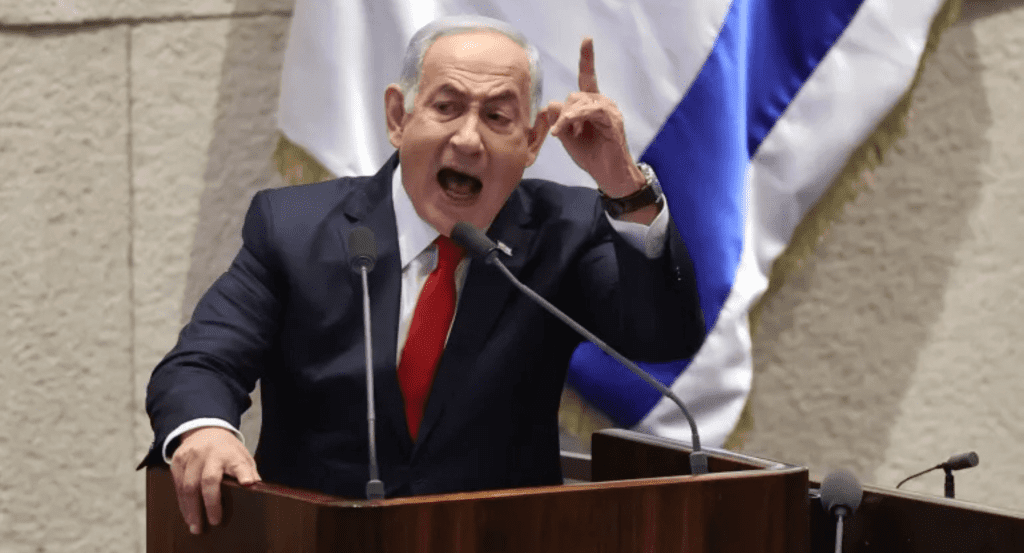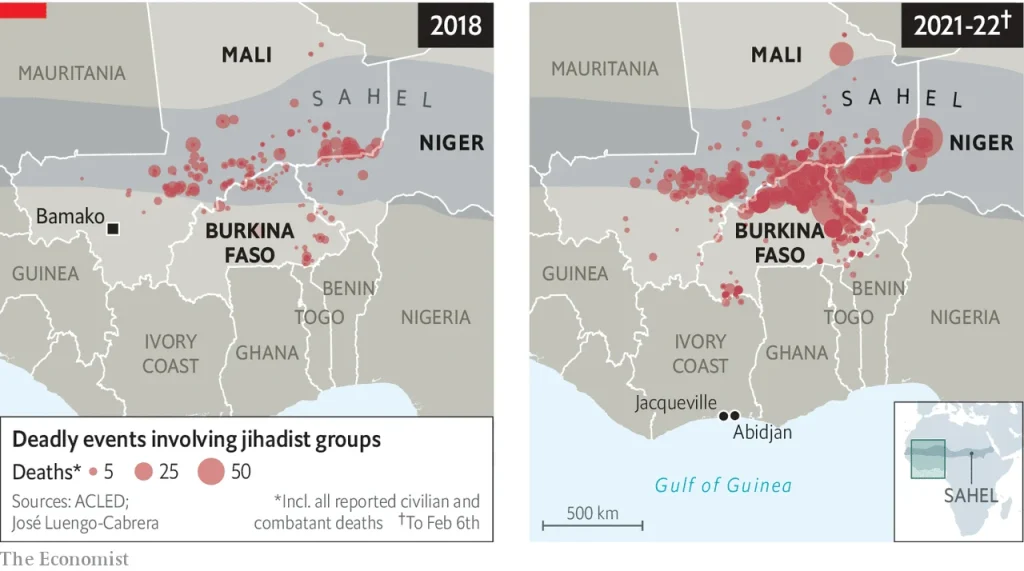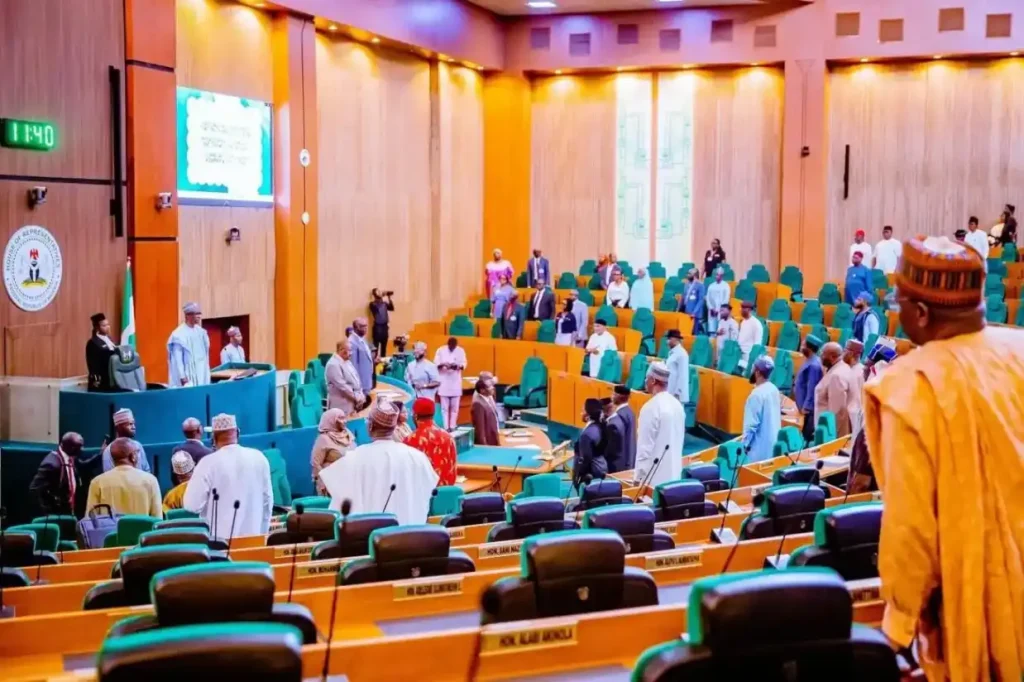G7 foreign ministers convened recently to deliberate on the International Criminal Court (ICC) warrant issued against Israeli Prime Minister Benjamin Netanyahu. The meeting highlighted mounting tensions surrounding Israel’s actions in the Palestinian territories and the international response to alleged war crimes.
The ICC Pre-Trial Chamber I issued the warrant as part of its investigation into alleged human rights violations in the State of Palestine. This follows a prolonged legal battle in which Israel challenged the court’s jurisdiction over the matter. The ICC rejected these challenges, asserting its authority to investigate alleged war crimes committed in the occupied territories.
The situation has triggered geopolitical ripples, with responses divided among Western allies. While some countries reaffirmed their commitment to international law, others questioned the ICC’s jurisdiction. A U.S. senator openly criticized the warrant, warning of possible sanctions against allies that enforce it. This reflects the broader stance of the U.S., which has historically opposed ICC actions perceived as targeting Israel.
The case has also reignited debates about the ICC’s role in global justice. Critics argue that the court disproportionately focuses on certain regions while neglecting others, leading to accusations of bias. Proponents, however, see the warrant as a step toward accountability and justice for victims of long-standing conflicts.
In Israel, the warrant has sparked mixed reactions. While Netanyahu and his government strongly condemn the ICC’s actions as politically motivated, human rights organizations have urged Israeli leaders to cooperate with international investigations.
Palestinian leaders welcomed the ICC’s stance, viewing it as a validation of their calls for justice against what they describe as systemic abuses. They urged the global community to respect the ICC’s decisions and to ensure compliance with international norms.
The G7 meeting underscored the complexity of the situation, with ministers debating the balance between respecting international legal mechanisms and navigating delicate political alliances. A joint statement is expected in the coming days, addressing the implications of the ICC warrant and potential paths forward.





















